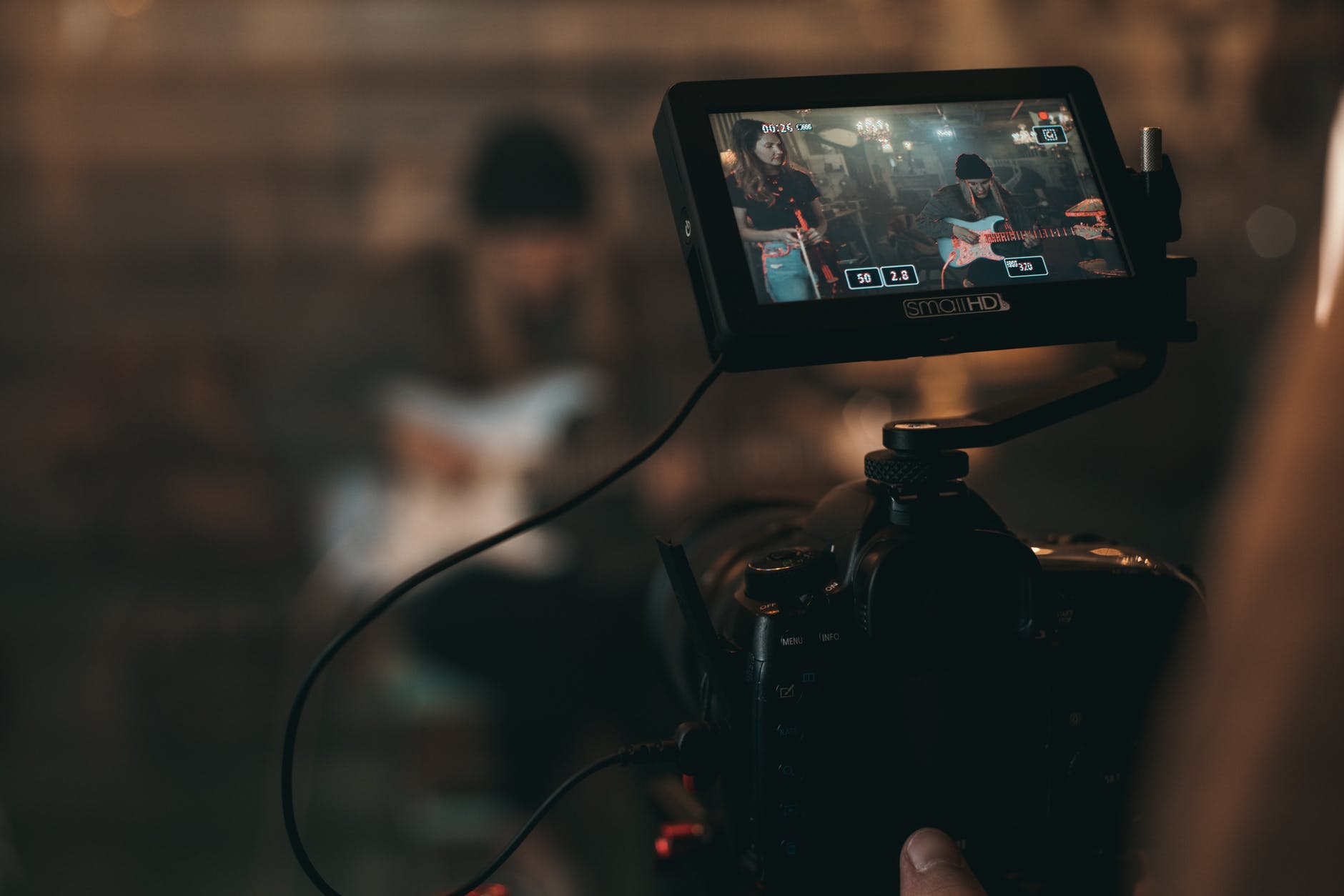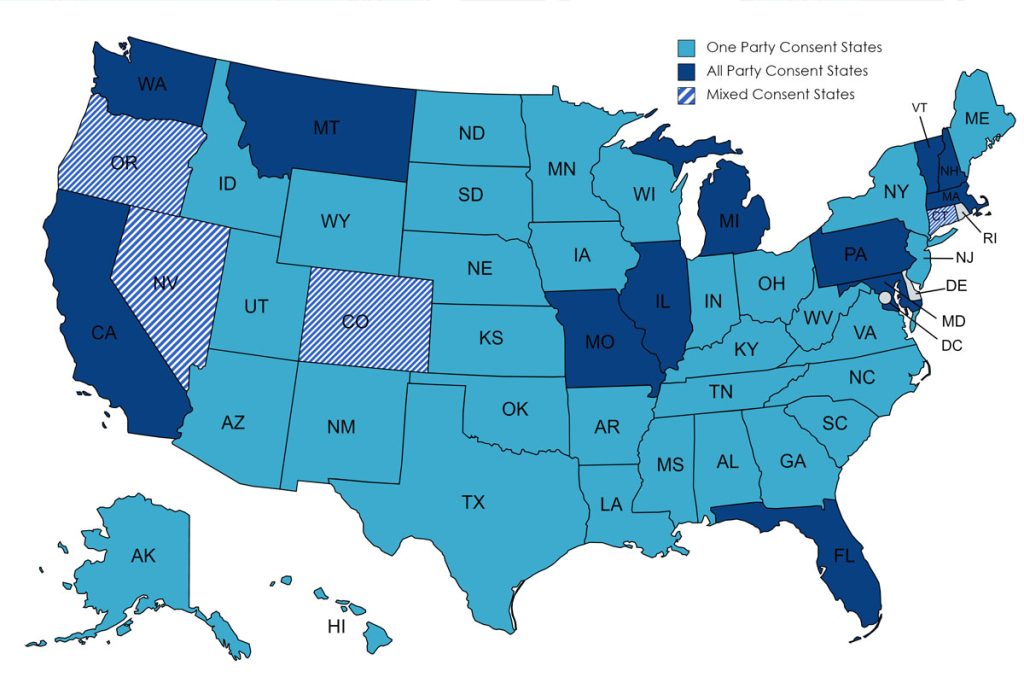

It’s important to note that these are general principles and the specifics can vary significantly depending on state laws and the specifics of the situation. If you’re considering recording a conversation or video, it’s a good idea to understand the relevant laws in your state, and if you’re unsure, to consult with a legal professional.
You’ll have to go into your local state laws to find out more information, but to keep it short and simple, the answer is that it depends. The legality of the recording depends on where the recording takes place, whether audio is recorded, and if there is an expectation of privacy.
Here are some scenarios that you may encounter when videoing without consent:
Video Recording Someone in a Public Park: In most cases this would be a legal recording as there is no expectation of privacy in a public area. However, it should be noted that there is a distinction between being able to legally record someone in a public outdoor place and harassment.
Video Recording Someone in a Private Business Such as a Mall: While there is no expectation of privacy in a public area such as a mall, you will still need to respect the wishes of mall staff. If you are breaking any rule they are legally allowed to remove you from private property.
The Federal Wiretap Act and State Wiretap Laws are built around the recording of audio, so you’ll find the laws regarding recording of sound are more defined than for the recording video. As for location, a good rule of thumb to follow is that if you are in a public place where there is no expectation of privacy then you are allowed to record.
In general, it is illegal to record private audio of conversations between two individuals without the consent of one or both parties. When you’re in a private place the most important thing to understand is whether you are in a one-party, or all-party consent state. You can look at our list of state recording laws – One Party Consent States or All Party Consent States to see which applies to your state.
| One Party Consent States | All Party Consent States | |
| Public Space Video Recording (No Audio) | Yes | Yes |
| Public Space Audio Recording | Yes (Unless there is a reasonable expectation of privacy) | Yes (Unless there is a reasonable expectation of privacy) |
| Private Space | Need consent of one party | Need Consent |
| Police Working in Official Capacity | Yes | Yes |

*RecordingLaw.com prefers to err on the side of caution with these states as they have special provisions. Make sure to read the state rules for your specific state.
**Vermont does not have an official law related to call recording, so Federal Law applies. This makes Vermont a one-party consent state.
RecordingLaw.com prefers to err on the side of caution with some of the states marked with a * as they have special provisions that could be interpreted differently depending on each case.
You have a First Amendment right to be able to videotape police officers working in an official capacity. This means that the officer does not have the right to delete your pictures or videos. One thing to keep in mind is that you are not able to break any laws while filming, this includes trespass on private property, obstructing law enforcement officers, or any other laws that may be applicable. It is best practices to film law enforcement officials with your recording device openly displayed (not in secret) as the law may get murkier in some states if you are privately recording audio where there may be an expectation of privacy.
There are many places where you can expect to have privacy. The most common being when you’re on the phone or in your own home. Places where you would have a reasonable expectation of privacy: In your own home, on the phone, in your vehicle, or in your business office. The law on what constitutes a reasonable expectation of privacy is based on 2 factors that must both be met to qualify as reasonable. The first is whether the subject believed they had privacy, and the second is whether society believes that expectation to be reasonable. An example would be in a Starbucks there is no reasonable expectation of privacy because most patrons can overhear each other. Examples of areas where there is no expectation of privacy: Sidewalks, streets, public buildings, or sporting events.
Due to video being used nation wide for surveillance there are very few restrictions on recording video other then in private areas such as bathrooms. This means that most restrictions for recording video come from the audio recording section. Federal Law for recording audio is derived from the U.S. Code § 2511 which protects wire, oral, and electronic communications. It applies to data stored electronically. Federal Law as it pertains to recording conversations is considered one-party consent where you need the consent of only one party to legally record private conversations.
Secret recordings are more of a murky area legally. If you are taking part in the conversation going on they are legal in all one-party consent states. If you are making the recording in all-party consent states the recording may not be admissible.
You can legally record on private property where recordings are allowed if you are respecting the rights of the owner of that private business or property. If there is signage saying ‘no video recording allowed’ or similar then you are not allowed to record. Additionally, if security asks you to stop filming you must stop or you’re at risk of being charged with trespassing.